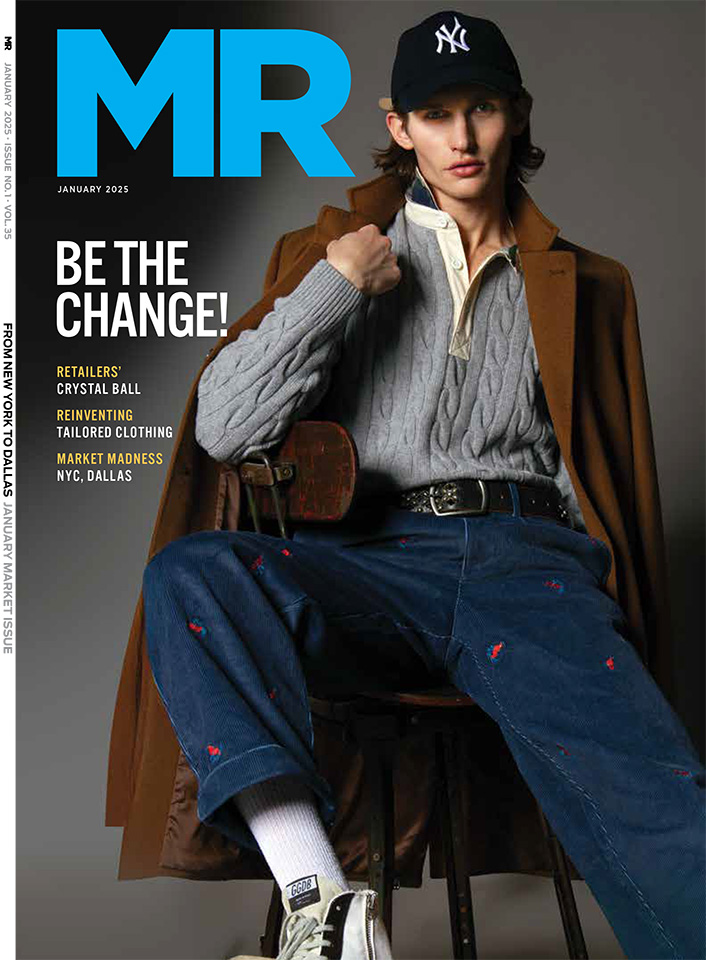The Future Of Retail Is Stores That Aren’t Stores

“We actually don’t call them ‘stores’ anymore—we call them ‘town squares.’” That was an executive at Apple, speaking about the company’s largest stores during the its afternoon-long product-release event on Tuesday. In these “town squares,” aisles will be “avenues” and trees will provide customers shade from overhead fluorescents. The company dreams its flagship stores will become “gathering places,” complete with classes on coding, music, and photography. Earlier, this week provided another such glimpse of the strange future of retail, in which going to a store is just as much about buying things as it is about being in a nice place—an “experience,” if you will. Nordstrom, a day before Apple’s event, announced that it will be opening a Nordstrom Local concept store next month in West Hollywood, in Los Angeles. The store will not stock clothes, or much of anything else. But it will have spa services, tailor, personal stylists, and a bar that serves beer, wine, coffee, and juice. Retailers are, very consciously, promoting these in-store “experiences”—or at least, they are doing so at the flagship stores in big cities that they like to draw attention to. It’s a reaction to the fact that buying is now something that can be done anywhere, and that reaction can be detected in a linguistic shift. “There is no question that people are trying to get away from the use of the word store as well as mall,” says Leonard Schlesinger, a professor of management at Harvard Business School. “They are increasingly perceived as remnants of a retail world which is increasingly under siege.” Schlesinger thinks companies with physical stores will have trouble if they don’t adjust to the fact that the internet has taken away many consumers’ reasons for visiting physical locations in the first place. Read more at The Atlantic.

